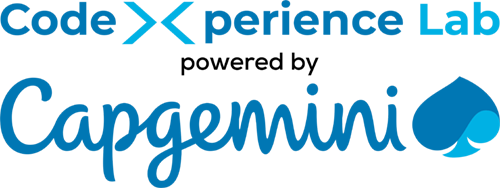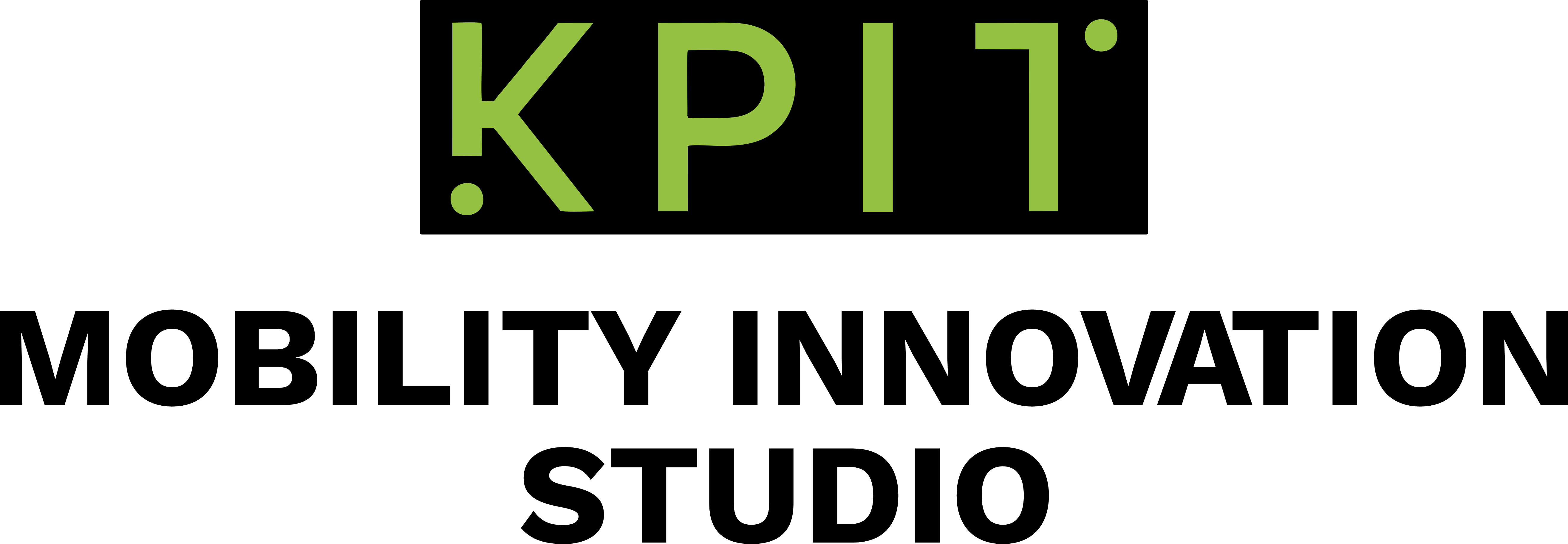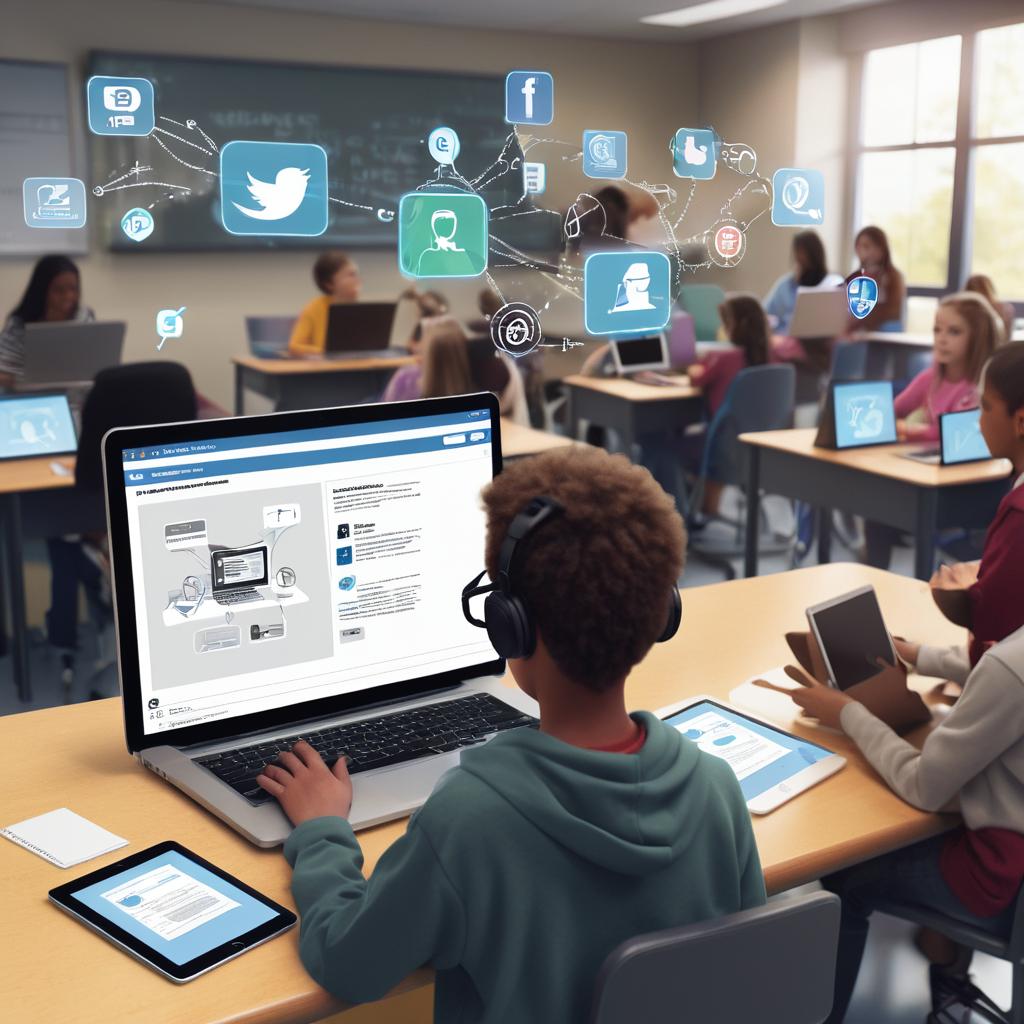In today’s fast-paced, technology-driven world, digital literacy has become an essential skill for everyone. From students to professionals, understanding how to effectively navigate the digital landscape is crucial for success. This blog explores what digital literacy is, why it matters, and how we can all improve our digital skills to thrive in the modern world.
What is Digital Literacy?
Digital literacy goes beyond simply knowing how to use a computer or smartphone. It encompasses a range of skills that allow individuals to effectively find, evaluate, utilize, share, and create content using digital technologies. This includes understanding how to use search engines, manage online identities, navigate social media responsibly, and protect one’s privacy and security online.
Digital literacy empowers individuals by providing them with the tools needed to access information, communicate effectively, and solve problems using technology. It enables people to participate fully in society and the economy, from applying for jobs to accessing government services.
In the education sector, digital literacy is vital for both students and educators. It enhances learning experiences by providing access to a wealth of online resources and enabling innovative teaching methods. Students who are digitally literate can research more effectively, collaborate with peers, and develop critical thinking skills.
In the job market, digital literacy is a highly valued skill. Employers look for candidates who can efficiently use digital tools and platforms, as many jobs now require some level of digital proficiency. From basic computer skills to advanced data analysis, being digitally literate can significantly enhance one’s career prospects.
Understanding digital literacy also means being aware of online risks such as cyberbullying, misinformation, and privacy breaches. A digitally literate individual knows how to protect personal information, recognize credible sources, and behave responsibly online.
Formal education plays a critical role in developing digital literacy skills. Schools and universities should integrate digital literacy into their curricula, providing students with practical and theoretical knowledge about digital tools and platforms. For adults, professional development courses and online tutorials can help keep digital skills up to date.
Hands-on experience is one of the best ways to improve digital literacy. Engaging with different digital tools, experimenting with new software, and exploring various online platforms can help build confidence and competence.
Developing critical thinking skills is essential for evaluating online content. Learn to question the sources of information, look for credible evidence, and be aware of biases. This helps in discerning between trustworthy and unreliable information.
Technology is constantly evolving, so it’s important to stay informed about the latest digital trends and advancements. Follow tech news, participate in online forums, and attend workshops to keep your digital skills sharp.
Join online communities or local groups focused on digital literacy. Sharing experiences and knowledge with others can provide valuable insights and support, making the learning process more engaging and effective.
Digital literacy is not just a technical skill; it’s a fundamental competency for navigating the complexities of the digital age. By understanding and improving our digital literacy, we can better access information, enhance our learning experiences, protect our online identities, and boost our career opportunities. As technology continues to shape our world, staying digitally literate will ensure we can fully participate and thrive in the digital society. Embrace the journey of becoming digitally literate, and empower yourself to confidently navigate the digital world.





